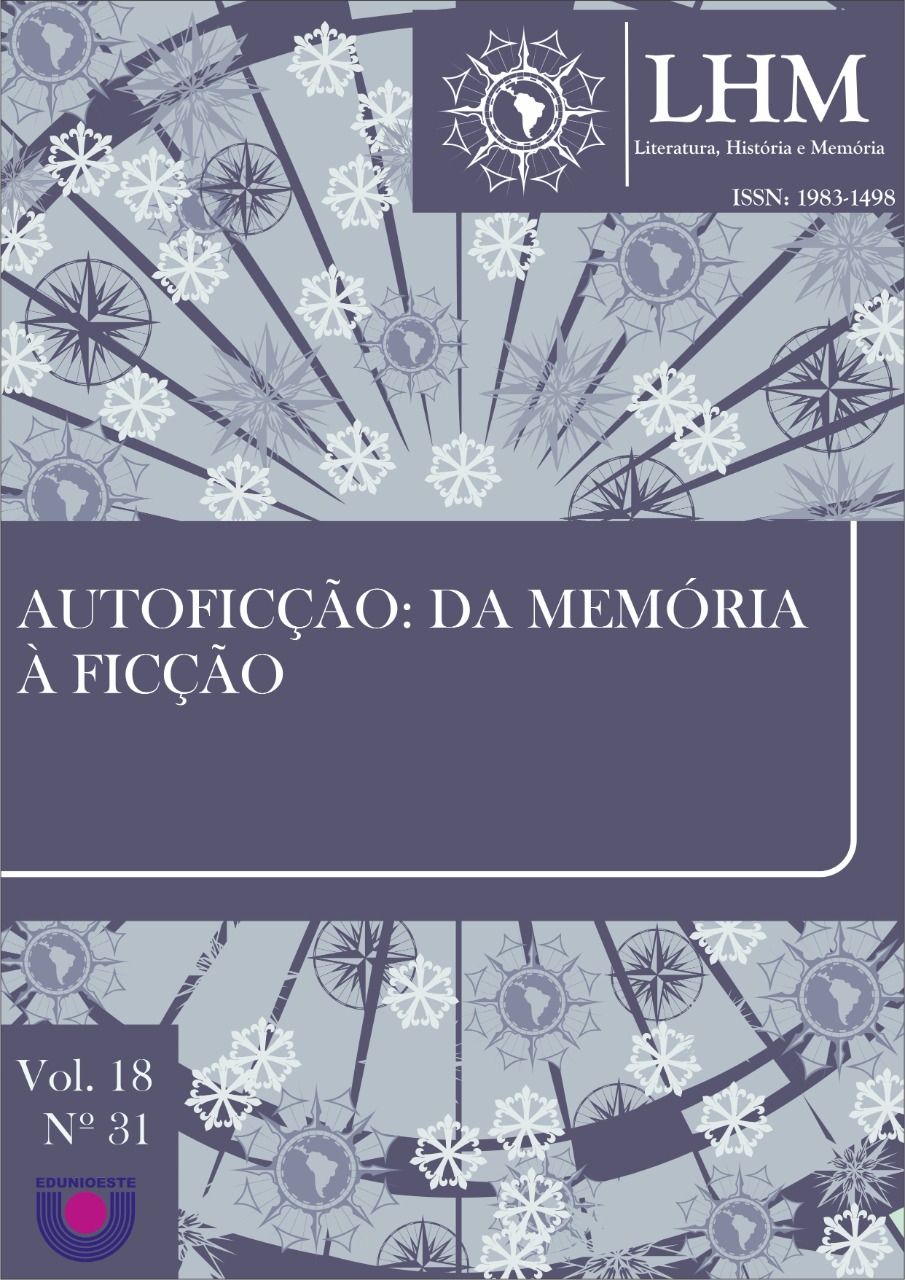The orientalist imaginary in Pablo Neruda’s travel accounts
DOI:
https://doi.org/10.48075/rlhm.v18i31.27484Keywords:
Pablo Neruda. Relatos de Viagem. Imaginário. Oriente.Abstract
This article aims to investigate the travel accounts of the Chilean writer Pablo Neruda in the early twentieth century, when he experiences his diplomatic career abroad. Our goal is analyze these texts trying to identify the (dis) continuities of a mystical, exotic and picturesque Orient, which results from an imaginary produced in the 19th century, mainly by art and literature. In order to do so, we use concepts such as imaginary, defined as a collective collection of meanings that motivates action, as well as the understanding of travel accounts as a subjective, impressionistic and often political in their nature. The analyzes point to a hybrid and non-idealized perception of Neruda in relation to the East, composed of orientalist constructions of singularbeauty as well as a negative view, possibly derived from his experience as a citizen of a country that also went through the process colonization. Therefore, the nerudian accounts break the hegemonic logic not only because they were written by a non-European traveler, but also because they subverted a colonial imaginary about the East, built in a context of violent domination.
Downloads
Published
How to Cite
Issue
Section
License
Copyright (c) 2022 Revista de Literatura, História e Memória

This work is licensed under a Creative Commons Attribution-NonCommercial-ShareAlike 4.0 International License.
Aviso de Direito Autoral Creative Commons
Política para Periódicos de Acesso Livre
Autores que publicam nesta revista concordam com os seguintes termos:
1. Autores mantém os direitos autorais e concedem à revista o direito de primeira publicação, com o trabalho simultaneamente licenciado sob a Licença Creative Commons Attribution que permite o compartilhamento do trabalho com reconhecimento da autoria e publicação inicial nesta revista.2. Autores têm autorização para assumir contratos adicionais separadamente, para distribuição não-exclusiva da versão do trabalho publicada nesta revista (ex.: publicar em repositório institucional ou como capítulo de livro), com reconhecimento de autoria e publicação inicial nesta revista.
3. Autores têm permissão e são estimulados a publicar e distribuir seu trabalho online (ex.: em repositórios institucionais ou na sua página pessoal) a qualquer ponto antes ou durante o processo editorial, já que isso pode gerar alterações produtivas, bem como aumentar o impacto e a citação do trabalho publicado (Veja O Efeito do Acesso Livre).
Licença Creative Commons
Esta obra está licenciada com uma Licença Creative Commons Atribuição-NãoComercial-CompartilhaIgual 4.0 Internacional, o que permite compartilhar, copiar, distribuir, exibir, reproduzir, a totalidade ou partes desde que não tenha objetivo comercial e sejam citados os autores e a fonte.


